When it comes to global commerce, India stands as a key player, offering lucrative opportunities to businesses worldwide. Transporting cargo to India, however, comes with its unique set of challenges that demand meticulous planning, sound knowledge, and a reliable logistics partner. With its evolving business ecosystem, intricate import regulations, and diverse geographical terrain, India necessitates that traders navigate the process with due diligence and comprehensive understanding.
Understanding the intricacies of India’s customs and import regulations is vital to seamless transportation. Furthermore, the packaging and labelling requirements, duties determined by the classification of cargo, and selecting the appropriate shipping method are all critical considerations. Not to mention, the specifics involved in choosing a reliable freight forwarder or shipping agent can’t be overstated.
The following discussion aims to provide you with a detailed overview of the significant considerations while transporting cargo to India. From understanding customs rules to dealing with port handling, we’ve got you covered. Here’s what you need to know:
Understanding the Indian customs and import regulations is the first step towards smooth and hassle-free cargo transportation. These laws are aimed at controlling the flow of goods, including their entry, stay, and exit from the country. The Central Board of Indirect Taxes and Customs (CBIC) is the apex body that governs these laws. Familiarising yourself with the regulations ensures your compliance and helps prevent unnecessary delays and penalties.
The Indian customs authorities use the Harmonised System (HS) of nomenclature to classify the goods for import. This international system assists in determining the rate of duties applicable to your cargo. It’s crucial to classify your goods accurately under this system to avoid discrepancies, which can lead to potential issues with customs clearance and increased costs.
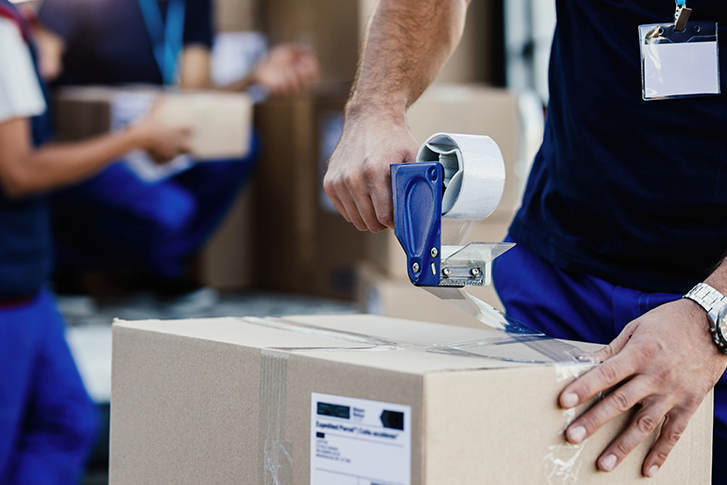
Packaging and labelling your goods appropriately is crucial for their safe and secure transport. India has specific packaging regulations to ensure the safety and integrity of goods, which can vary based on the nature of your cargo. Labels must provide vital information like the nature of the product, manufacturing and expiry dates, maximum retail price, and necessary warnings. Adhering to these requirements is necessary to ensure your shipment passes through customs without hindrance.
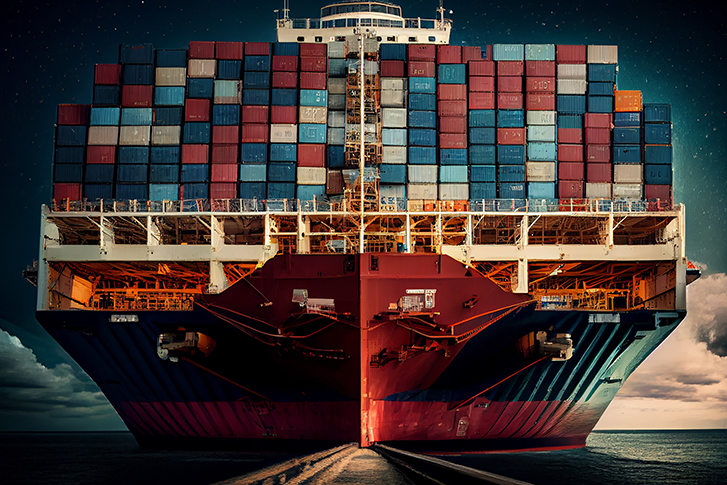
Choosing the right shipping method depends on various factors like the size, weight, and type of your cargo, as well as the urgency of delivery. While air freight offers the fastest transport, sea freight is cost-effective for larger shipments. Further, rail or road transport could be considered for inland transportation. Understanding these methods will enable you to make an informed decision that aligns with your requirements and budget.
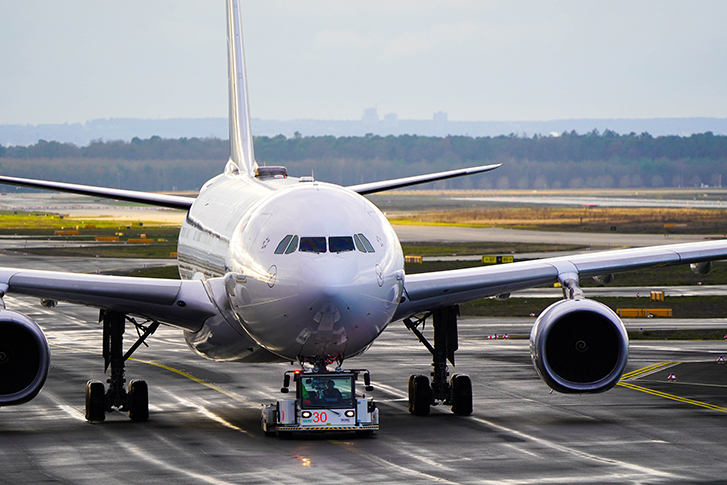
Different types of cargo and business requirements necessitate different transportation modes. Air freight is ideal for urgent, high-value, or lightweight shipments, whereas sea freight serves well for bulky, heavy, or non-urgent cargo. Meanwhile, road and rail transport are commonly used for domestic logistics within India. Evaluating these options about your cargo and timelines can help optimise your supply chain and reduce costs.
Choosing a reliable freight forwarder or shipping agent can streamline the entire transportation process. A good logistics partner will handle the documentation, and customs clearance, and provide shipment tracking, ensuring peace of mind. Always opt for agents with a good track record, comprehensive services, and local expertise in India.
Correct documentation is vital for successful cargo transportation. Key documents include the Bill of Lading, detailing the contract between the shipper and carrier; the Commercial Invoice, indicating the value of goods; and the Packing List, which describes the contents of the package. Ensuring these documents are accurate and complete can save you from potential issues with customs clearance.
Cargo insurance covers the risk of loss or damage during transportation. This is especially crucial for high-value goods. Many forwarders and agents provide insurance services, but understanding the extent of coverage and the claim process is necessary for comprehensive protection.
Regular tracking and monitoring of your shipment provide timely updates on its status and location. This enables you to address any issues promptly, ensuring a seamless delivery process. Many freight forwarders provide real-time tracking facilities for better visibility and control.
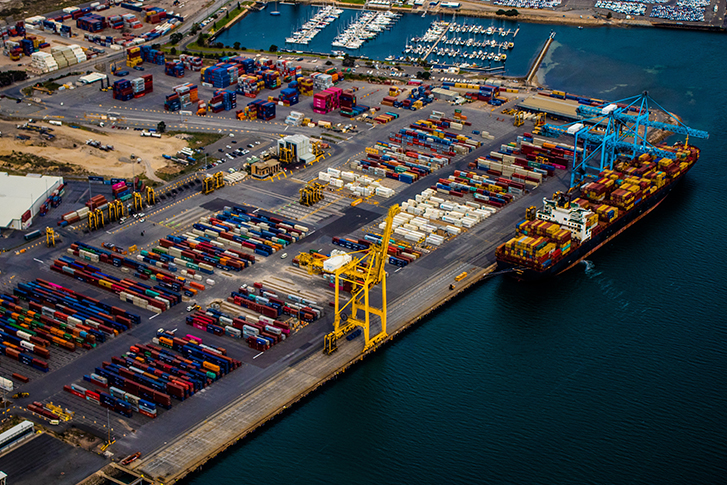
Port handling and clearance procedures can be complex, with strict documentation and compliance requirements. A good freight forwarder should navigate these procedures efficiently, ensuring your cargo clears the port without delays or issues.
India’s Goods and Services Tax (GST) is a comprehensive, multi-stage, destination-based tax that is levied on every value addition. Understanding this system and its implications on your cargo is crucial to calculate accurate costs and ensuring compliance.
Certain goods require special considerations during transportation. Perishable goods need temperature-controlled transport, while dangerous goods demand stringent safety measures. Understanding these specific requirements can help ensure your cargo reaches its destination in optimal condition.
Customs inspections are a crucial part of the import process, and it’s important to prepare for these. Accurate and complete documentation helps streamline these inspections, avoiding delays and potential penalties.
India imposes stringent quarantine and biosecurity measures to prevent the entry of harmful pests and diseases. If your cargo includes plant, animal, or other bio-risk items, you must comply with these measures to ensure smooth import.
Customs duties and taxes must be paid before your cargo can be released from customs. Familiarising yourself with the rate of duties and tax payment process can expedite the clearance process and prevent unnecessary costs.
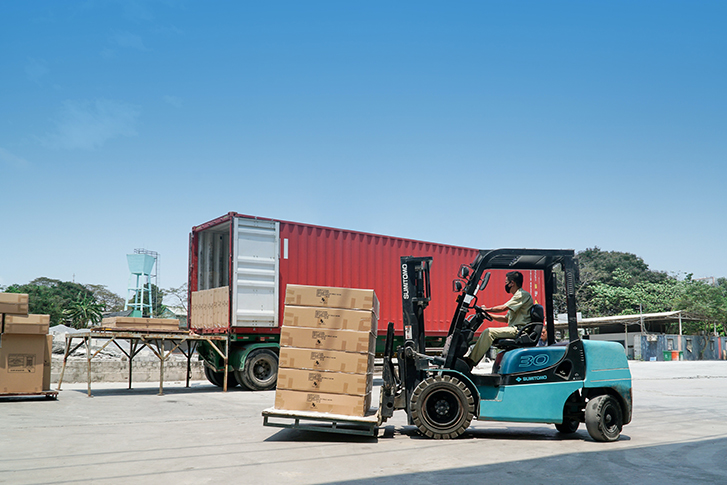
In case of any disputes or claims, it’s important to know your rights and responsibilities. Your freight forwarder should guide you through the process and assist with any issues, ensuring your interests are protected.
Transporting cargo to India is a complex process that requires a sound understanding of customs regulations, careful planning, and the right logistics partner. By considering all these aspects, you can ensure your cargo reaches its destination safely, on time, and without unnecessary costs or delays.